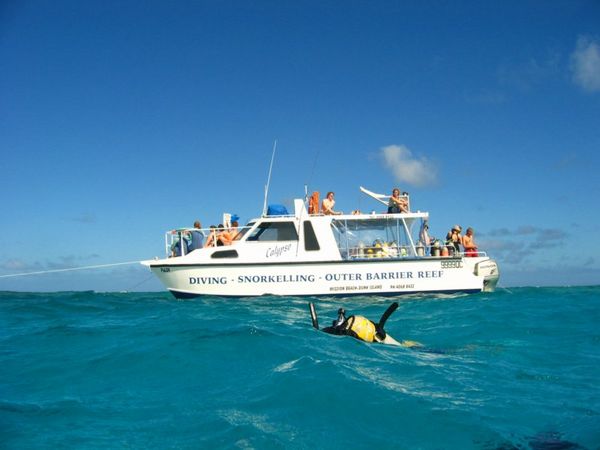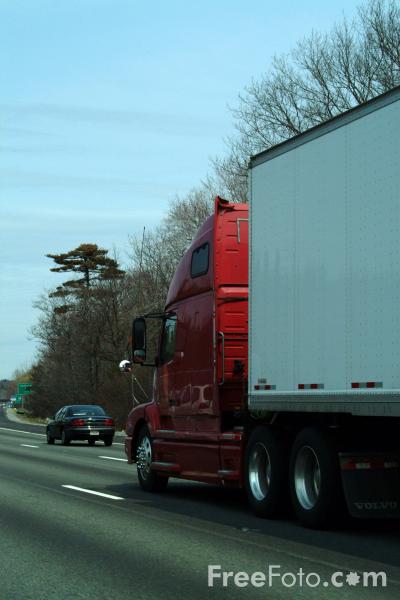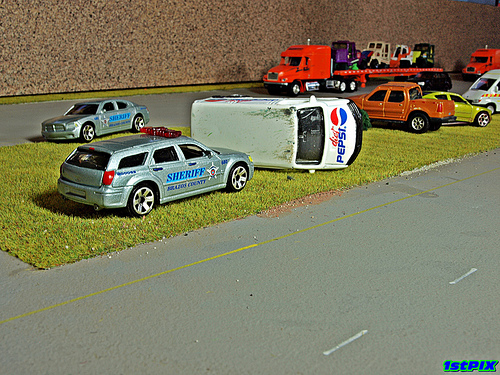 In Florida, a claim for wrongful death is brought by a court-appointed personal representative on behalf of the decedent’s estate and survivors. Florida’s Wrongful Death Act (FWDA) (Florida Statute Sections 768.16-768.26) outlines the specific damages recoverable by the estate and the survivors (e.g., surviving spouse and children).
In Florida, a claim for wrongful death is brought by a court-appointed personal representative on behalf of the decedent’s estate and survivors. Florida’s Wrongful Death Act (FWDA) (Florida Statute Sections 768.16-768.26) outlines the specific damages recoverable by the estate and the survivors (e.g., surviving spouse and children).
Many wrongful death victims receive medical care for the injuries that have caused them to die. Frequently, Medicare pays those medical expenses.
In 1980, Congress enacted the Medicare Secondary Payer Act. The Act authorized the secretary of the Department of Health and Human Services to seek reimbursement for medical expenses incurred on behalf of wrongful death victims. One of the policies employed was to seek reimbursements from the property of wrongful death survivors who have no obligation or other connection to Medicare. This was always wrong, but it took a federal court to make the secretary understand.
Cases brought under the FWDA are resolved in favor of the estate and survivors in one of three ways: (1) pre-lawsult settlement; (2) settlement during suit; or (3) jury verdict rendered to a final judgment. When a case is settled, the personal representative is responsible for allocating the settlement proceeds between the estate and the survivors. In many instances, the estate is left with only a tiny portion of the overall recovery.
Until September 29, 2010, the secretary of the Department of Health and Human Services gave little regard to the allocations made under alternatives (1) and (2). The only allocations respected by the secretary were those made by a jury, alternative (3). Backed by the federal government, the secretary would muscle reimbursements from allocations made to survivors under options (1) and (2), even when the allocations are approved by a probate court judge. This was unacceptable to the personal representative and survivors in Bradley v. Sebelius, 621 F.3d 1330, 2010 WL 3769132 (11th Cir. 2010), who challenged the secretary’s practice of ignoring allocations made by personal representatives and approved by probate courts.
Continue reading
 Florida Injury Attorney Blawg
Florida Injury Attorney Blawg







